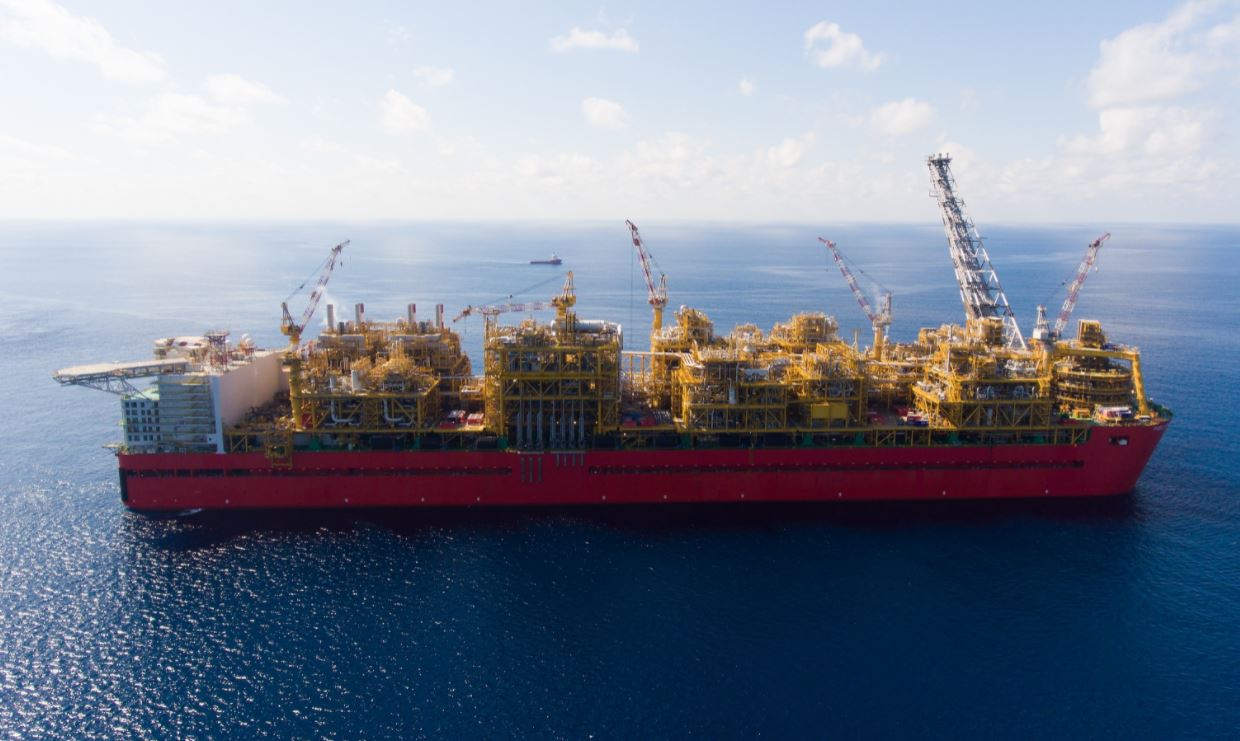LNG giant Shell reported a decrease of 19.8 percent in its adjusted earnings in the first quarter this year, while its LNG sales dropped slightly compared to the same period in 2023.
The UK-based firm said its adjusted earnings reached $7.73 billion in the quarter, compared to $9.64 billion in the year before.
Adjusted earnings rose 6 percent compared to $7.3 billion in the prior quarter.
Income attributable to Shell shareholders reached about $7.35 billion, a drop compared to $8.7 billion in Q1 2023 and a huge increase compared to just $474 million in the prior quarter.
Shell said income attributable to its shareholders reflected lower operating expenses, higher margins from crude and oil products trading and optimization, and higher refining margins, partly offset by lower LNG trading and optimization margins, and unfavorable tax movements in comparison to the fourth quarter 2023.
It also included unfavorable movements due to the fair value accounting of commodity derivatives, and favorable differences in exchange rates and inflationary adjustments on deferred tax.
Shell said these items are included in identified items amounting to a net loss of $0.6 billion in the quarter.
Cash flow from operating activities for the first quarter was $13.3 billion.
CEO Wael Sawan said Shell “delivered another quarter of strong operational and financial performance”.
“We continue to deliver on our capital markets day targets, giving us the confidence to commence another $3.5 billion buyback program for the next three months,” he said.
LNG sales drop
The company sold 16.87 million tonnes of LNG in the January-March period, slightly down compared to 16.97 million tonnes in the same period last year.
LNG sales dropped 7 percent compared to 18.09 million tonnes in the prior quarter.
Shell sold 67.09 million tonnes of LNG during 2023, a rise of 2 percent compared to 65.98 million tonnes in 2022.
Liquefaction volumes rose 5.4 percent year-on-year to 7.58 million tonnes in the first quarter and 7 percent compared to 7.06 million tonnes in the prior quarter.
Shell said liquefaction volumes increased compared to the previous quarter mainly due to lower maintenance at its Prelude FLNG in Australia.
During the January-December period, liquefaction volumes dropped 5 percent to 28.29 million tonnes.
The firm expects liquefaction volumes to reach about 6.8 – 7.4 million tonnes in the second quarter of 2024 and the outlook reflects seasonality (higher maintenance).
Shell’s total oil and gas production increased to 992,000 barrels of oil equivalent per day in the first quarter compared to 970,000 barrels of oil equivalent per day in the first quarter last year and also compared to 901,000 barrels of oil equivalent per day in the prior quarter.
Shell said oil and gas production rose 10 percent compared with the fourth quarter mainly due to lower maintenance at Prelude and Pearl GTL.
Integrated gas earnings
The company’s integrated gas segment reported adjusted earnings of about $3.68 billion in the first quarter.
This compares to $4.91 billion in the same period a year ago and $3.97 billion in the prior quarter.
Segment earnings of $2.76 billion rose compared to $2.41 billion in the same quarter in 2023 and from $1.73 billion in the prior quarter.
Compared with the prior quarter, integrated gas earnings reflected the net effect of lower contributions from trading and optimization and higher realized prices (decrease of $1,153 million), partly offset by favorable deferred tax movements ($327 million), higher volumes (increase of $276 million), and lower operating expenses (decrease of $213 million), Shell said.
Shell announced last month that it was expecting “strong” trading and optimization results for its integrated gas business in the first quarter of this year.
However, the results will be “significantly” lower compared to an “exceptional” fourth quarter of 2022, Shell said.

